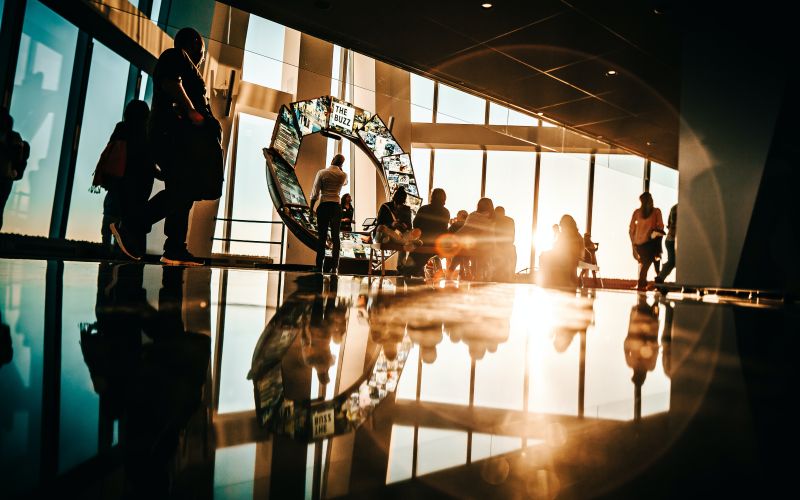Helping consumers out of energy poverty one STEP at a time | 18 May
Helping consumers out of energy poverty one STEP at a time | 18 May

Wednesday 18 May 2022 | 14:00 - 17:30
Location: Brussels (in person, Thon City Hotel: Avenue du Boulevard 17, B-1210 Brussels (BE))
Just a few years ago, energy poverty was seen as a niche topic. Now it has become front and centre on the political agenda.
A pandemic and a full-blown energy crisis have put consumers’ budgets under real pressure and sent energy bills reaching record highs across Europe.
The STEP project (Solutions to Tackling Energy Poverty) began in 2019, with the goal to develop a simple, innovative and replicable model of measures to address energy poverty, focused on the countries with the highest rates of energy poverty in Europe.
These measures were soon put to the ultimate test when the pandemic struck in 2020 followed in 2021 by the energy crisis. Consumer groups got to work on the ground, helping people across Europe to find simple and cost-effective solutions to cut their energy consumption, while sharing best practices and recommendations with policy-makers to alleviate energy poverty.
Three years later, and as the project draws to a close, it’s time to take stock. Join us in Brussels on 18 May to:
- Hear from Europe’s Energy Commissioner, Kadri Simson, on the role EU legislation can play in tackling energy poverty
- Celebrate the achievements of the project in helping consumers in need and look forward to next steps
- Discuss the rise in energy prices, its causes and the impact on energy poverty
AGENDA
13.00-14.00 Welcome lunch
14.00-14.10 Introduction: Welcoming from Monique Goyens (Director General, BEUC), including a STEP presentation (activities and results achieved)
14.10-15.30 Panel Discussion among STEP partners
Topic: Tackling energy poverty through the STEP project
- The problems of tackling energy poverty through social measures alone:
-
The importance of looking at energy poverty through an energy lens rather than just a social one
-
The importance of a common (or national) definition of energy poverty
- How national policies and plans (including NECPs, RRPs) can be put to best use:
-
The partners’ activities to have an impact on national policies: established good collaborations with the public authorities and NGOs
-
Identification of key pressure points to influence policy, e.g. elections (national & local), budget statements, forthcoming energy, welfare and housing legislation
- Consumer engagement (video testimonials from Frontline Workers):
-
Consumers interest in receiving advice and difficulties encountered
-
The digital and data gap encountered with vulnerable consumers
-
Meeting other type advice needs such as benefits, legal, housing related advice
- Lessons learned running a H2020 project during a pandemic:
-
Challenges encountered in monitoring the impact of advice, both relating to the practicalities of gathering data and the hurdles presented by a major pandemic
-
The importance of providing face to face advice, outside pandemic restrictions, for key groups of energy poor households (concern that many have stopped seeking advice because of lack of access to F2F)
Moderator: Monika De Volder
Panellists:
William Baker (Citizens Advice Reading)
Stamatis Rossides (Cyprus Consumers Association - KYPRIAKOS SYNDESMOS KATANALOTON – “CCA")
Petra Cakovska (Slovakian Consumers Association - Spoločnosť Ochrany Spotrebiteľov Poprad “SOS”)
Paulo Fonseca (Portuguese Association for Consumer Protection – “DECO")
Baiba Miltovica (Latvian Association for Consumer Protection - Latvijas Patērētāju interešu aizstāvības asociācija - “LPIAA”)
15.30- 15.45 Coffee break
15.45-16.00 Keynote Speech by Energy Commissioner Kadri Simson
16.00- 17.10 High level Debate

